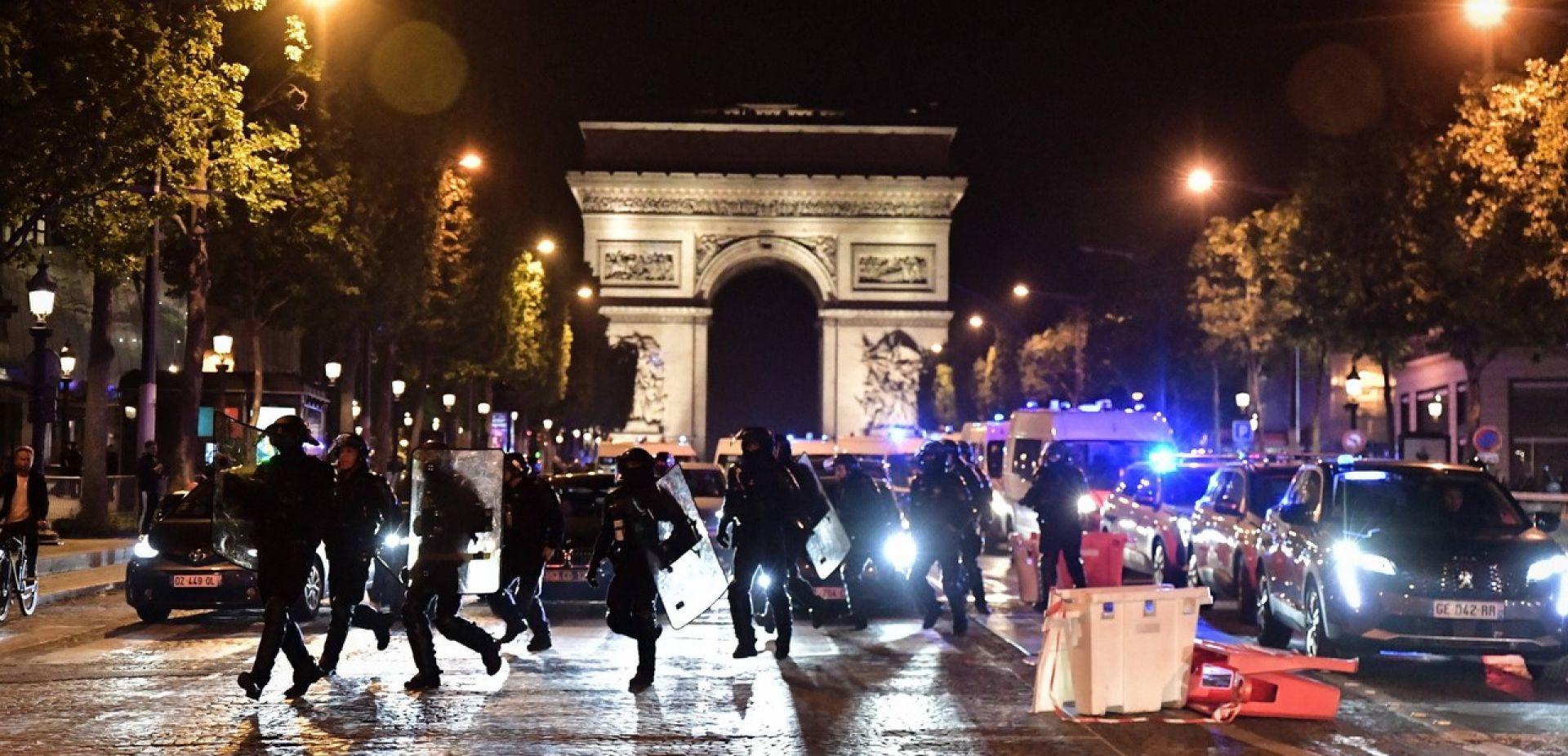
We somewhat mistakenly perceive France as a country of gentle people, strolling around with a baguette and having an astonishing weakness for miniature poodles - which is why the riots make us wonder and fear. And after all, the French are a maritime nation, even an oceanic one. Explorers, troublemakers, colonisers. Also soldiers. Also state officials bloodily punishing insubordination. And - the obvious - the creators and shapers of the bloody French Revolution.
 SIGN UP TO OUR PAGE
SIGN UP TO OUR PAGE
 Then literature and film. As a child, Alexandre Dumas, Balzac, Hugo, Verne, then 20th century writers, poets, noveau roman... Hundreds of films: comedies, dramas, new-wave black and white film impressions. From everywhere came artistic images of France and Paris. For someone who watched "Breathless" in their youth, for them the Champs Élysées will never be an ordinary big-city avenue. For someone who has read the Proust cycle or even the first volume of 'Towards the Swan', the area around the Opéra Garnier, the church of St Magdalene, has a special context: history and decadence.
Then literature and film. As a child, Alexandre Dumas, Balzac, Hugo, Verne, then 20th century writers, poets, noveau roman... Hundreds of films: comedies, dramas, new-wave black and white film impressions. From everywhere came artistic images of France and Paris. For someone who watched "Breathless" in their youth, for them the Champs Élysées will never be an ordinary big-city avenue. For someone who has read the Proust cycle or even the first volume of 'Towards the Swan', the area around the Opéra Garnier, the church of St Magdalene, has a special context: history and decadence.

Jedyne pytanie, jakie Pani Bankierowa mi zadała w trakcie naszej kilkumiesięcznej znajomości, brzmiało: „Czy w Polsce jest wielu ludzi bogatych?”.
see more
Why does someone have to run Europe, and why should this be Germany?
see moreCoco's drawing from the journal 'Libération'. Caption: Riots in Pablo Picasso's neighbourhood.Nanterre, émeutes quartier Pablo Picasso, par Coco pic.twitter.com/k3CIQQcyRe
— Putzfrauen International®️ (@nomessypolitics) July 2, 2023




